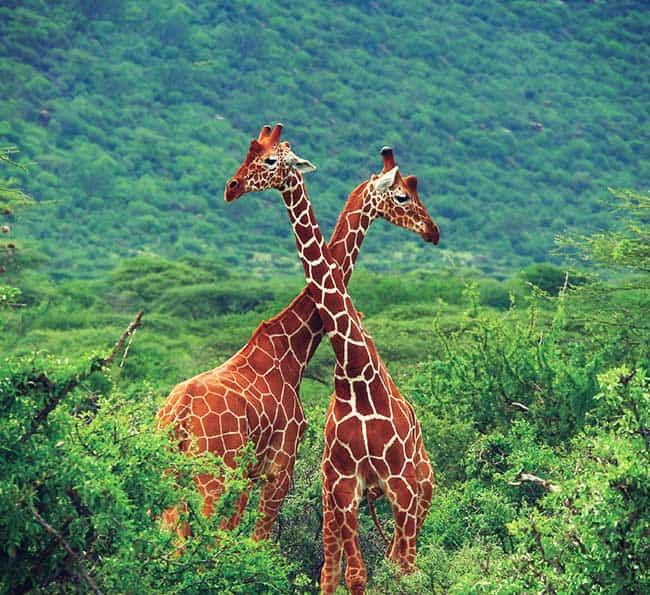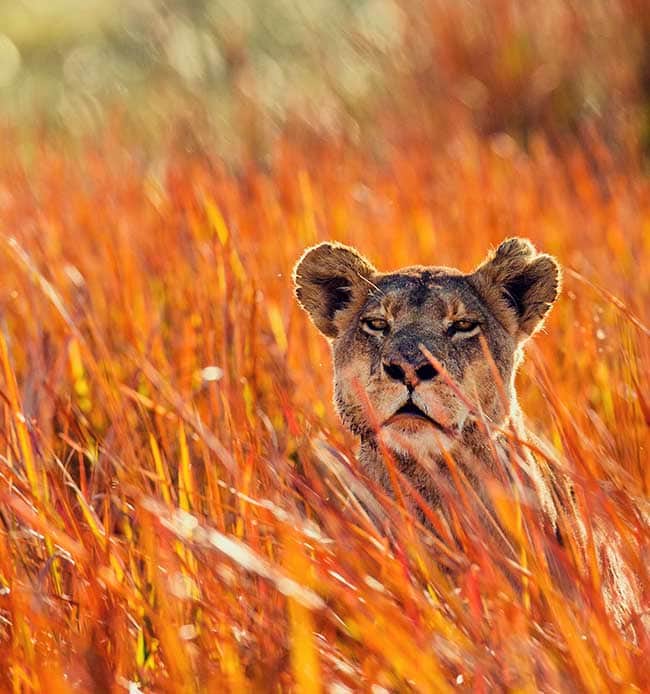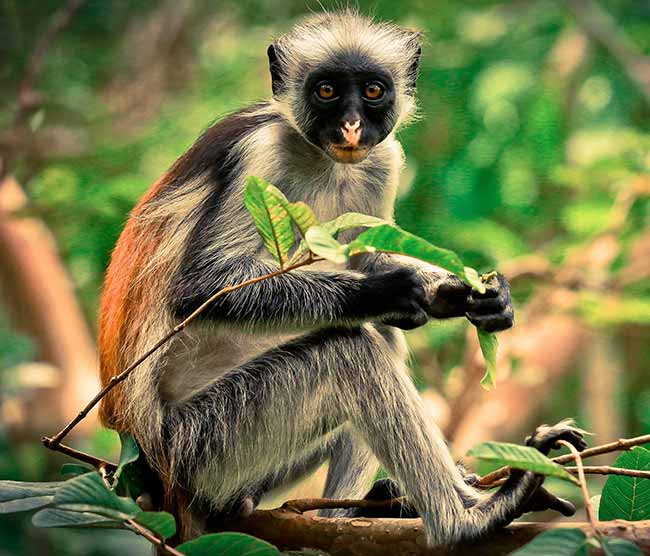Book NOW for $1 £1 €1 • Flexible Payments • No Change Fees • Private Departures Available
- Home >>
- Responsible Travel Animal Welfare
How to be a Responsible Traveller
Tucan Travel is committed to the protection and compassionate conservation of all animals, whether wild or domesticated. We recognise that many of our tours offer our travellers the opportunity to be in the same space as many wild and endangered animals. We do not support attractions which use animals as entertainment for profit. These animals are often taken from the wild, mistreated and are trained to perform unnatural behaviours which are often harmful to the animal

Animal Welfare
We ask that our staff and travellers follow these simple guidelines, created to protect the animals, their habitats and the wider ecosystems that we encounter on our tours.

 Follow National Park and Reserve regulations as well as any instructions given by their staff (either in writing or verbally) regarding appropriate conduct
Follow National Park and Reserve regulations as well as any instructions given by their staff (either in writing or verbally) regarding appropriate conduct Stick to roads and established paths, keep to speed limits and do not drive the vehicles off road except where permitted or in the case of emergency
Stick to roads and established paths, keep to speed limits and do not drive the vehicles off road except where permitted or in the case of emergency Park in allocated spaces, or if forced to find a new space, avoid damaging local flora and fauna – this can take years to regenerate
Park in allocated spaces, or if forced to find a new space, avoid damaging local flora and fauna – this can take years to regenerate Follow the instructions of local guides regarding appropriate conduct
Follow the instructions of local guides regarding appropriate conduct Maintain the recommended distance from animals, as instructed by your local expert guides
Maintain the recommended distance from animals, as instructed by your local expert guides Do not include location details on your photographs or social media uploads. These details might be used by poachers to track, capture or kill endangered animals.
Do not include location details on your photographs or social media uploads. These details might be used by poachers to track, capture or kill endangered animals. Do not feed the animals unless specifically authorised to do so – this can make animals sick, overweight, and be stressful for them
Do not feed the animals unless specifically authorised to do so – this can make animals sick, overweight, and be stressful for them Do not touch the animals – this can transmit diseases to the animals and you may also put yourself at risk of transmission at the same time
Do not touch the animals – this can transmit diseases to the animals and you may also put yourself at risk of transmission at the same time Approach animals quietly, cautiously and slowly so as to avoid distressing them, but avoid approaching nesting or breeding sites as this can cause stress to parents and young alike. If the animal’s behaviour changes as you approach, you’re probably too close
Approach animals quietly, cautiously and slowly so as to avoid distressing them, but avoid approaching nesting or breeding sites as this can cause stress to parents and young alike. If the animal’s behaviour changes as you approach, you’re probably too close Consider getting a camera with a long-range lens so you can take candid shots of the animal’s natural behaviour
Consider getting a camera with a long-range lens so you can take candid shots of the animal’s natural behaviour

 Turn off your flash when taking photographs and avoid shining lights directly at animals or in their eyes at night
Turn off your flash when taking photographs and avoid shining lights directly at animals or in their eyes at night If you are snorkeling, wear appropriate footwear and never touch coral or put your feet on it
If you are snorkeling, wear appropriate footwear and never touch coral or put your feet on it Leave the coral where it is – it’s a living organism - any contact may harm or even kill it
Leave the coral where it is – it’s a living organism - any contact may harm or even kill it Don’t try to collect it - or accept or buy coral collected by others
Don’t try to collect it - or accept or buy coral collected by others Never anchor on a coral reef – if it’s not possible to use a floating buoy, snorkel elsewhere
Never anchor on a coral reef – if it’s not possible to use a floating buoy, snorkel elsewhere Don’t approach dolphins in the wild – let them approach you
Don’t approach dolphins in the wild – let them approach you Never try to grab their dorsal fins or any part of their tails – they are not a toy to ride on
Never try to grab their dorsal fins or any part of their tails – they are not a toy to ride on Avoid wild animal meat on restaurant menus, even if it does sound adventurous. It is usually illegal to import these items into your home country and this practice encourages poaching, which can have devastating impacts on local animal populations.
Avoid wild animal meat on restaurant menus, even if it does sound adventurous. It is usually illegal to import these items into your home country and this practice encourages poaching, which can have devastating impacts on local animal populations. There are occasions when photographs of domesticated animals can be acceptable. For example,you may be offered the opportunity to have your photograph taken with an animal in the care of another person (such as with a llama in Peru). If this happens, you should proceed only if you feel the animal shows signs of being content, calm and well cared for. We don't expect everyone to be a llama expert, but as a general rule a content animal will have a good, consistent coat, clear bright eyes and be comfortable (not shy away) from contact.
There are occasions when photographs of domesticated animals can be acceptable. For example,you may be offered the opportunity to have your photograph taken with an animal in the care of another person (such as with a llama in Peru). If this happens, you should proceed only if you feel the animal shows signs of being content, calm and well cared for. We don't expect everyone to be a llama expert, but as a general rule a content animal will have a good, consistent coat, clear bright eyes and be comfortable (not shy away) from contact.

We do not support, and strongly advise our travellers NOT to support the selling or exchange of any souvenir made from the following:
 Shells, coral, starfish and seahorses
Shells, coral, starfish and seahorses Ebony and other hardwood products used for wood carvings
Ebony and other hardwood products used for wood carvings Wild reptile skins e.g. monitor lizards/snakes (worked into leather products)
Wild reptile skins e.g. monitor lizards/snakes (worked into leather products) Porcupine quills
Porcupine quills Animal horns e.g. antelope, rhino
Animal horns e.g. antelope, rhino Tortoiseshell products
Tortoiseshell products Spiders, butterflies and other insects
Spiders, butterflies and other insects Products made from ivory
Products made from ivory Products made from any endangered animals’ skins and/or furs
Products made from any endangered animals’ skins and/or furs Traditional medicines made from animal parts and products
Traditional medicines made from animal parts and products
Travel Tip!
If in doubt, go without! Take a photograph and/or raise your concerns with your tour leader or the Tucan Travel Purpose Officer This email address is being protected from spambots. You need JavaScript enabled to view it.



